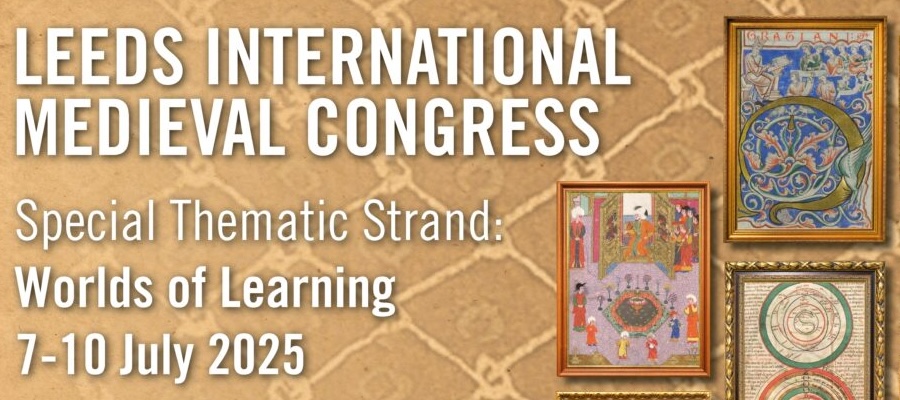Traveling Words: A Global Perspective of News and Knowledge Production, session at the 2025 International Medieval Congress, University of Leeds, July 7–10, 2025
How did the new of crusade in the Middle East find its way in the chronicle made in a remote place of England? And how were details of numerous tribes living in Inner Asia and Caspian Sea included in a court-made geographical handbook at the imperial court of Song China? This call for paper addresses the IMC 2025 theme 'Worlds of Learning' by reflecting on the ways people in the Middle Ages acquired knowledge of things happening faraway. As different cultures across medieval Eurasia became more and more interconnected by the development of economic, political, and cultural networks and increasing cultural exchanges, we find not only information relevant to local concerns but also knowledge of distant events or communities being added to the writings of the chroniclers, historians, monastic scholars, or court officials.
There has been extent research on medieval knowledge, broadly defined as information acquired through education and experience, and how it was organised, classified, systematised and hierarchised, but much remains unclear about the other ways one could access some specific pieces of information, especially those with could be considered as news. This is partly because, most of the time, we are faced with historiographical sources that are the result of a writing process of collecting information, and thus condemned to speculation of where such knowledge might come from. Nonetheless, it is clear that there existed both places or people that made the transmission of such information across different regions possible and an interest in knowing such things and having them written down in texts for potential readers.
With these in minds, we invite 20-minute papers focusing on access to knowledge between 500 and 1500 CE. We will focus on sources which resulted from a collection of information, including - but not limited to - chronicles, letter collections, encyclopaedia. The session hopes to encourage us to think about how they came together and how those who composed them had access to this knowledge. We are especially interested in the papers that address the following:
- Network of learning in local communities, especially those thought to have little contact with the rest of the world.
- The method of compiling information and knowledge.
- External factors and internal dynamic made the acquisition of News possible.
- Financial, political, and information networks supporting communities of learning, especially actors who carry or seek information
- The transmission and dissemination of new and new network in Global Middle Ages, especially Nodes in information networks (capital cities, scriptoria - priority will be given to places which have been less studied)
- The limits (or not?) of access to knowledge in remote places
Organizer
Ruisen Zheng, King's College London
